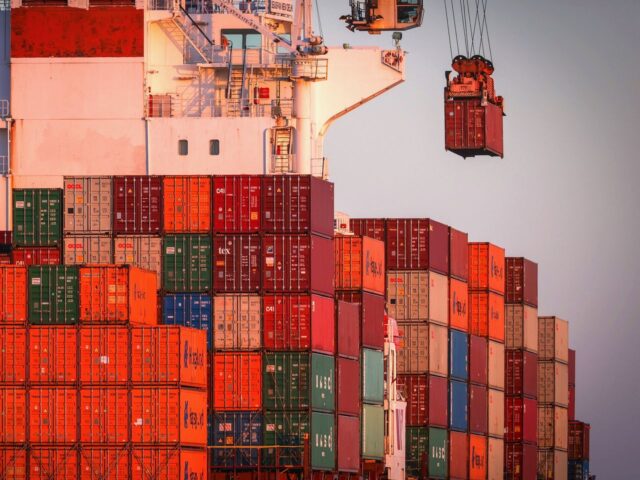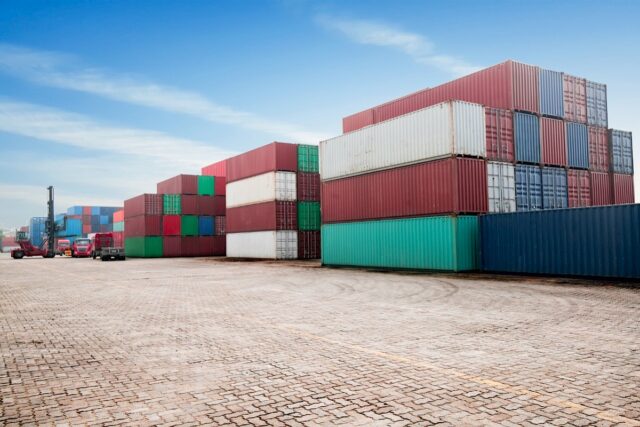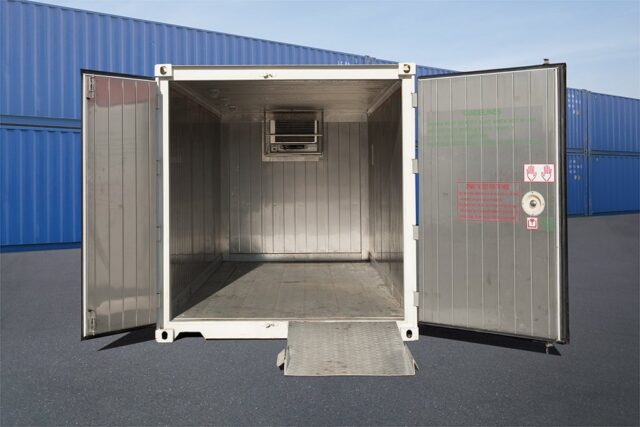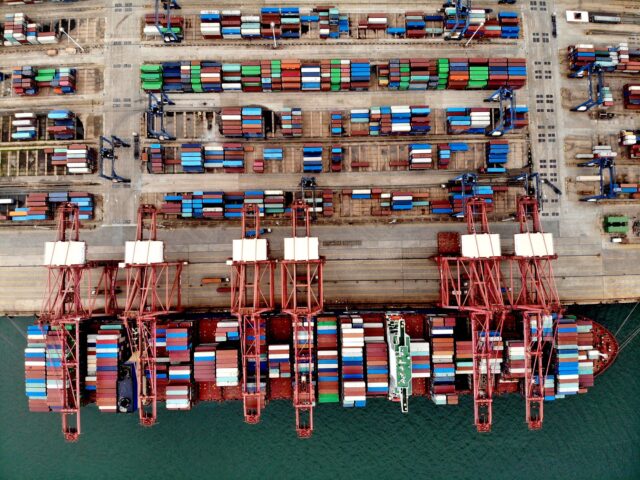
Steel shipping containers are usual and necessary for many logistics businesses. Many logistics businesses would need storage to transfer and store things, goods, and products.
Shipping containers are sturdy and made with best-fit materials to hold products and goods for delivery. It is because these containers should withstand long voyages through air, sea, and land. It will also need to endure extreme temperatures from different locations.
You can learn more about steel shipping containers in this article.
The Pros

Using steel shipping containers is beneficial to a logistics business. Here are some of its advantages:
Durable Storage
Many logistics businesses will require to store or contain the goods and products of their customers. The essence of having a shipping container is due to that.
Most of the time, shipping containers’ material is aluminum or steel. These materials are generally indestructible and durable. Standard steel shipping containers can last for 25 to 30 years.
It is because steel, as a material, can withstand high-pressure transport of your logistics business. You can ensure that the products or goods stored inside will be safe and dry despite differing environmental conditions. The incredible material used to build the shipping container can protect any product stored. The goods or products will be in their best shape, whether in transit or stationary.
Increase Storing Efficiency
Steel shipping containers are an effective way to store something in a logistics or warehousing business. Moreover, you can modify the design or style to your logistics or storing needs. This way, you can increase its storage capacity to fit more goods or products inside.
Steel storage containers are ideal for many logistics business that ships abroad. You can stack these containers together. And you will not worry that the goods inside will have damage.
Steel shipping containers are very effective for any business needs. You can use it at ideal capacity and guarantee that you will fulfill your client’s desire for proper goods delivery to their doorstep.
Good Insulation And Refrigeration Of Goods

Proper insulation and refrigeration of goods are essential in a logistics business. Goods like vegetables and fruits must remain fresh while in transit from country to country. These products should be natural and be on delivery before the expiration date.
Steel shipping containers are also great in terms of refrigerating goods. Some goods like perishables should not go on for days without optimal temperature. Thus, having a steel shipping container to hold your products is a way to ensure the goods would not spoil.
You can customize your steel shipping container to ensure that you will not compromise the refrigeration of the products. You can use freezer slabs or install cooling systems on the containers.
Affordable
Depending on your chosen size, steel shipping containers are generally affordable. It can cost a regular logistics business around $2,800 to $6,500 for a 20-foot shipping container. Or you can spend around $4,000 to $8,300 for a 40-foot shipping container.
Investing in shipping containers is necessary for a logistics or warehousing business. That is because the containers will hold all your goods and products for delivery or storage.
The price of a steel shipping container will also depend on whether you will buy a new or a used one. So you have to be smart with your choices.
It is necessary to find the best one available in the market. You can find the best deal by comparing sellers of steel shipping containers.
High Cargo Security
If you want your cargo, goods, and products to be safe during delivery, you should invest in a valued shipping container.
Steel shipping containers are from a solid material. The material cannot simply melt or develop moisture.
Further, steel is among the hardest metals. So, expect the container will not be easily destroyed or broken during your shipping or logistics business.
Unlike wood containers or crates, steel is highly-efficient with long logistics routes. The materials are from an alloy of iron and carbon. The primary material, combined with different metals and elements, makes a perfect container.
A container made from steel is perfect for securing and holding things inside. It is beneficial as you can ensure that fragile items will not obtain any damage during the delivery.
The Cons

Although the advantages of steel shipping containers are commendable, there are some downsides that you have to know. Here are some of them:
Requires Maintenance
Like any other shipping container, steel containers need maintenance.
Steel shipping containers, without proper care, will fall into despair. It will eventually form rust that can eat up the material. It will cause the container not to be efficient for its use anymore.
So, if you want to extend the life of your steel shipping containers, you have to take care of it. You will want to clean it regularly.
A monthly check will be an excellent timeframe to check out the containers.
You can start by checking if there are puddles of water stuck on the container’s roof. Or by checking if there are any holes in the container’s body.
You should also check on it the door hinges and screws.
Although maintenance is not a massive hassle, you can forget to do this, which can cause potential and substantial future problems.

Rust
Rust build-up is a problem for many steel shipping containers. The problem may be due to long storage or exposure to extreme weather conditions.
You can prevent the rust problem by applying anti-rust or rustproofing your containers. This way, you can ensure that the shipping containers will not be a problem even when you leave them out for a long time. You can also prolong the life of your shipping containers by rustproofing them.
Weight
Another problem you have to consider with steel shipping containers is their weight.
An empty 20-foot shipping container may weigh an average of 1.8 to 2.2 metric tonnes. The 40-foot shipping container can weigh around 3.8 to 4.2 metric tonnes.
Carrying them during your logistics business or on during delivery can cause problems. That is because you may need new machinery to help you out.
You may use a forklift, but it becomes a disadvantage when you want to move it by hand.







